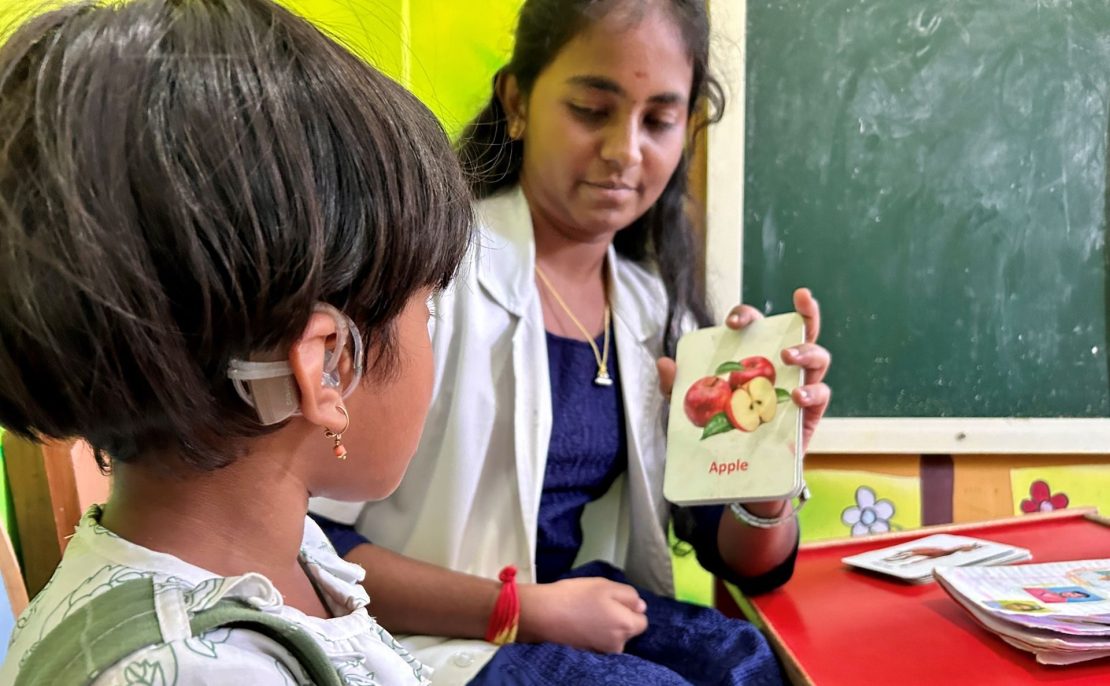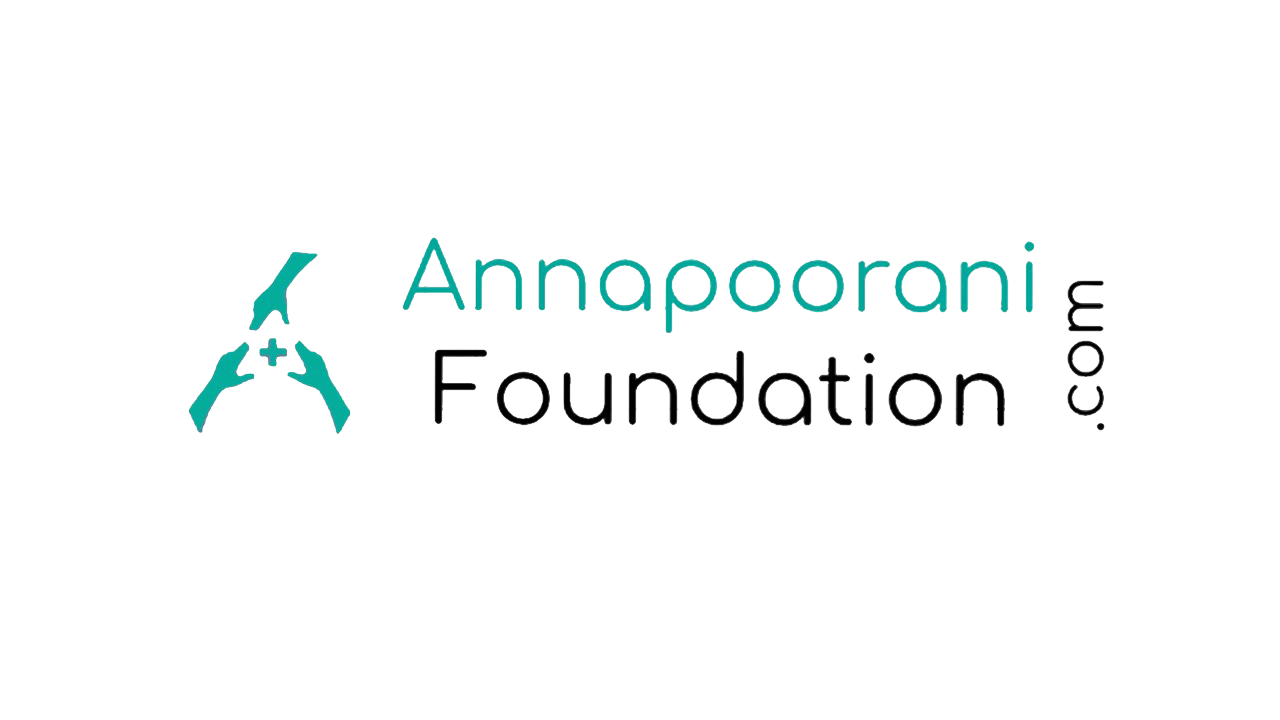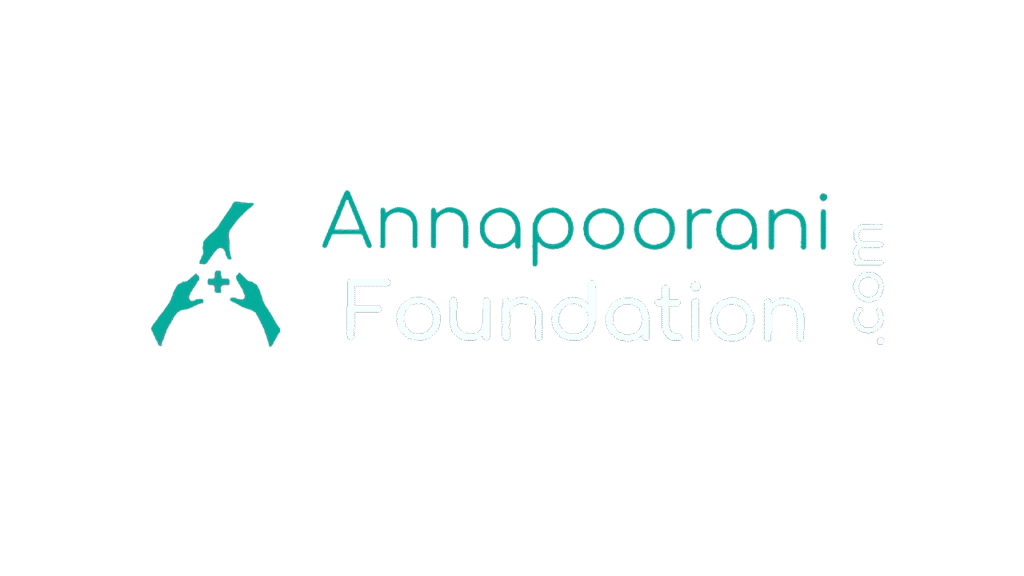Medical Aid
Strengthening the healthcare delivery capability

Beyond Boundaries: Our Distinctive Initiatives
- Cancer treatment
- Heart surgery funding
- Dialysis aid for kidney patients
- ENT care
* As on March 2025
Overview
India is one of the fastest growing economies in the world, and it has taken significant strides in improving the health of its citizens over the past few decades. For instance, average life expectancy has risen from 62 years in 2000 to 68.5 years in 2016. The number of under-5 deaths is coming down steadily from 91 per thousand in 2000 to 39 in 2017.
Despite this significant improvement in life expectancy and child mortality rates, vast swathes of the country’s population are still vulnerable and deprived of access to good healthcare. Socioeconomic status, geography and gender are contributory factors to this bleak scenario.
Medical Aid is the cornerstone of Annapoorani Foundation’s work, representing a deep commitment to improving the health and wellbeing of vulnerable populations. With over INR 56.7 Million distributed, more than 291,000 people have experienced direct improvement in their quality of life from those rescued in acute emergencies to individuals managing chronic illnesses and communities facing epidemic challenges. Our programs span critical hospital interventions, life-saving surgeries, medication support for chronic conditions, access to diagnostic testing, as well as rehabilitation and recovery services. We believe that health is a basic human right, and our approach is rooted in compassion, responsiveness, and inclusivity.
The challenge
One of the biggest challenges to improving health is access to primary health care. In 2011, the World Bank reported an availability of 0.7 beds per 1,000 people for India. Further, according to the Indian Government’s health and family welfare statistics, a major part of available healthcare is concentrated in urban areas, leaving the rural population underserved. Exacerbating the situation is the significant gap in availability, distribution and capacities of healthcare professionals. According to World Bank data, India has a ratio of 0.7 doctors and 1.5 nurses per 1,000 people.
India’s healthcare system faces deep inequality, especially between urban and rural areas. Poor communities often lack access to basic care due to understaffed clinics and weak infrastructure. Challenges like affordability, distance, and low health awareness worsen the situation. Public hospitals are overwhelmed, pushing many to expensive private care, which can lead to financial hardship. Limited knowledge of preventive health fuels a cycle of avoidable illness and suffering
Strategic approach
Annapoorani Foundation tackles healthcare inequality through strategic partnerships, funding for critical cases, and community outreach like health camps and screenings. It supports chronic illness care and leverages technology such as telemedicine and digital records to expand access. The foundation emphasizes accountability by tracking impact and adapting programs based on feedback. Its long-term goal is to drive systemic change through advocacy for better infrastructure, digital health, and inclusive healthcare policies.
Highlights - Cancer Care Program
The Annapoorani Foundation’s Cancer Care Program is a cornerstone of our commitment to bridging critical gaps in specialized healthcare. Through a landmark donation of INR 14 Million to a leading cancer institution in Chennai, we have enabled the acquisition of cutting-edge medical equipment and advanced treatment technologies. This investment has dramatically improved the institution’s capacity to deliver timely, high-quality care to patients from all walks of life. Each year, over 70,000 individuals benefit from these enhancements many of them from underserved communities who previously lacked access to comprehensive cancer treatment.
Beyond infrastructure, our program focuses on long-term impact and equity. By supporting early diagnosis, precision treatment, and improved patient outcomes, we aim to reduce the burden of cancer across vulnerable populations. We work closely with medical professionals and hospital networks to ensure that care is not only available but also affordable and dignified. The Cancer Care Program reflects our broader mission: to make advanced healthcare accessible to all, regardless of socioeconomic status, and to drive systemic change through sustained partnerships and innovation.
“The doctor of the future will give no medication, but will interest his patients in the care of the human frame, diet and in the cause and prevention of disease.”


Thomas A. Edison
American inventor and businessman